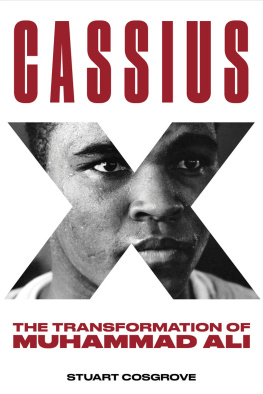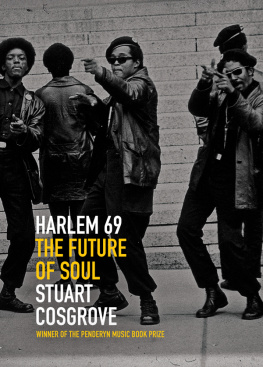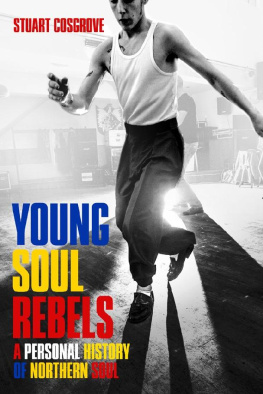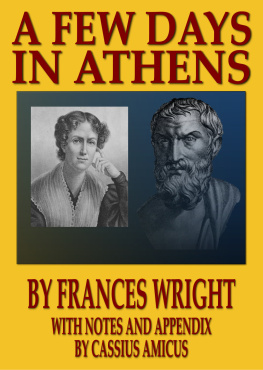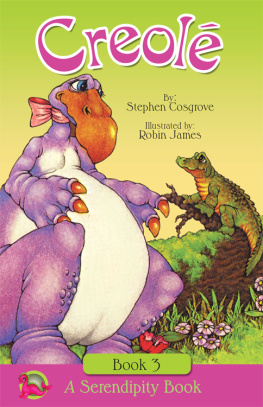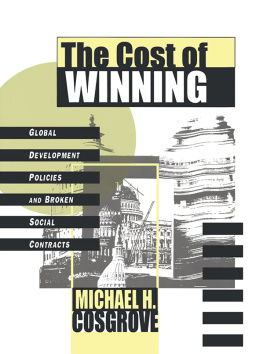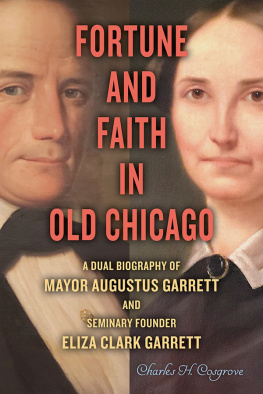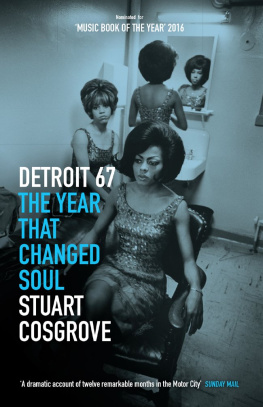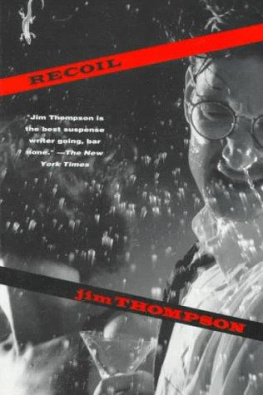Stuart Cosgrove - Cassius X
Here you can read online Stuart Cosgrove - Cassius X full text of the book (entire story) in english for free. Download pdf and epub, get meaning, cover and reviews about this ebook. year: 2020, publisher: Chicago Review Press, genre: Non-fiction. Description of the work, (preface) as well as reviews are available. Best literature library LitArk.com created for fans of good reading and offers a wide selection of genres:
Romance novel
Science fiction
Adventure
Detective
Science
History
Home and family
Prose
Art
Politics
Computer
Non-fiction
Religion
Business
Children
Humor
Choose a favorite category and find really read worthwhile books. Enjoy immersion in the world of imagination, feel the emotions of the characters or learn something new for yourself, make an fascinating discovery.
- Book:Cassius X
- Author:
- Publisher:Chicago Review Press
- Genre:
- Year:2020
- Rating:3 / 5
- Favourites:Add to favourites
- Your mark:
- 60
- 1
- 2
- 3
- 4
- 5
Cassius X: summary, description and annotation
We offer to read an annotation, description, summary or preface (depends on what the author of the book "Cassius X" wrote himself). If you haven't found the necessary information about the book — write in the comments, we will try to find it.
Cassius X — read online for free the complete book (whole text) full work
Below is the text of the book, divided by pages. System saving the place of the last page read, allows you to conveniently read the book "Cassius X" online for free, without having to search again every time where you left off. Put a bookmark, and you can go to the page where you finished reading at any time.
Font size:
Interval:
Bookmark:
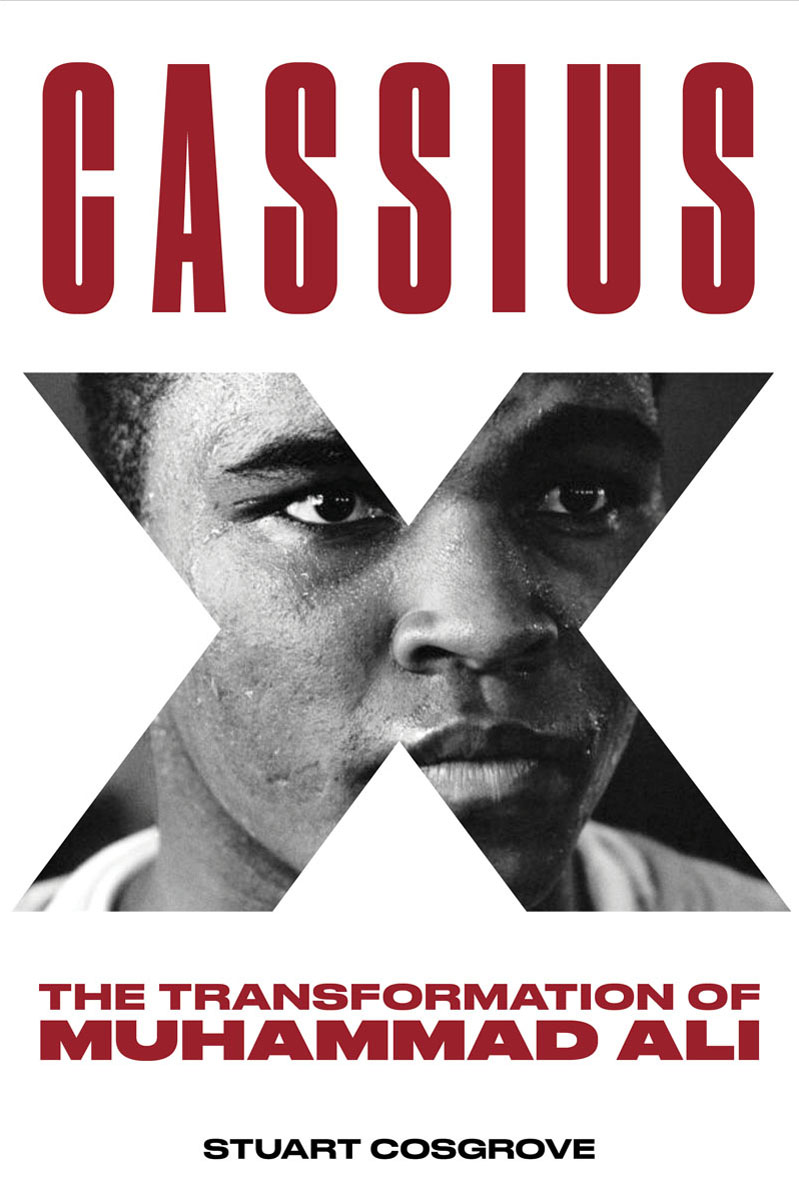
Copyright 2020 by Stuart Cosgrove
All rights reserved
Published by Chicago Review Press Incorporated
814 North Franklin Street
Chicago, Illinois 60610
ISBN 978-1-64160-354-6
Library of Congress Control Number: 2020942533
Cover and print book interior design: Jonathan Hahn
Cover photograph: Flip Schulke Archives / Getty Images
Interior photos: Bettmann
Printed in the United States of America
5 4 3 2 1
I am America. I am the part you wont recognize. But get used to me. Black, confident, cocky; my name, not yours; my religion, not yours; my goals, my own; get used to me.
C ASSIUS X, 1964
The common goal of twenty-two million Afro-Americans is respect as human beings, the God-given right to be a human being. Our common goal is to obtain the human rights that America has been denying us. We can never get civil rights in America until our human rights are first restored. We will never be recognized as citizens there until we are first recognized as humans.
M ALCOLM X, 25 A UGUST 1964
Cassius X is the story of an extraordinary human being, but more importantly it is the story of the many social forces that shaped Muhammad Ali.
The book is largely set in 1963 in the run-up to Cassiuss first title fight with Sonny Liston in Miami, and focuses on the months when he was using the name Cassius X. He was yet to complete his conversion to Islam, at which point he was given the name Muhammad Ali.
At one level it can be read as a prequel to my soul trilogyDetroit 67: The Year That Changed Soul, Memphis 68: The Tragedy of Southern Soul and Harlem 69: The Future of Soulin that it details the emergence of soul music as one of the dominant popular musical genres of the sixties, but, at heart, it is about the complex political and religious backdrop that created Cassius X and, in turn, Muhammad Ali, and the remarkable sorcery he brought to boxing and the world of entertainment.
Many good biographies have been written about Muhammad Ali that span his entire life: that is not what this book is about. Cassius X portrays a man in compression, in the days when the young fighter was exploring his identity, molding his image, and forging advantageous friendships with Malcolm X, Sam Cooke, and the media. It is about his role as a witness, not simply to the divisive racial landscape of America, but to the new, self-confident forms of music and entertainment that enlivened his youth.
I owe a huge debt of gratitude to my publisher Polygon, particularly my editor Alison Rae, and to my American publisher Chicago Review Press.
My personal thanks to my friends and family and, as ever, to the weird academy of northern soul.
S TUART C OSGROVE
G LASGOW
2020
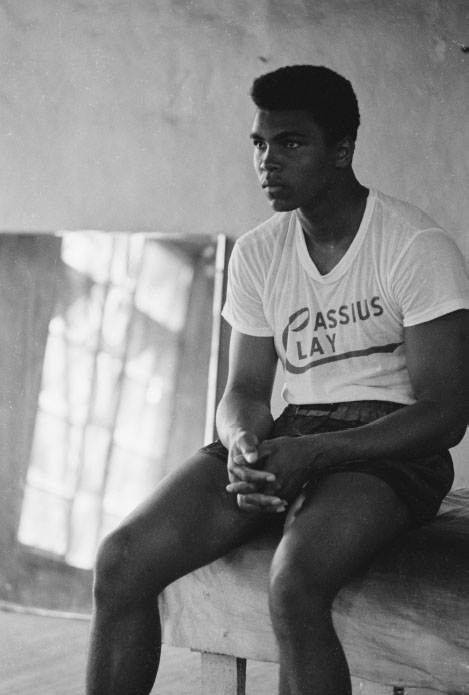
Cassius takes a break from training in Chris Dundees gym on Fifth Street in Miami. He is wearing a T-shirt designed by his father, who was a sign-writer back in their native Louisville, Kentucky.
I n the first bleary-eyed days of 1963 Miami woke up to a raging hangover. The city was crammed with well-wishers, con artists, and the walking dead. Snowbirds, in their colorful Hawaiian shirts, had flocked to the Florida beaches from Chicago and Detroit to escape the deafening sounds of the big industrial cities and the unforgiving northern weather. Hotels bulged at the seams and disappointed guests could be seen dragging their bags along Collins Avenue in the vain hope of a late vacancy. Inside the permafrost lobbies, where high rollers escaped the heat, men in unseemly shorts swaggered around the shimmering casinos, leaving crumpled cash tips and suspicion in their wake.
Cassius Clay had been in Miami for over two years now and he had never witnessed such levels of edgy nervousness. The city was restless and rotting to its core. According to the beat comedian Lenny Bruce, who damned urban America with faint praise, Miami was the place where neon went to die. Across whole swathes of the city neon flickered on and off, signage unsteadily jumped to life, and broken glass littered the sidewalks. The garish signs that looked so alluring on postcards were wheezing their last breath and advertising nothing more than a city facing decline. Bud rot had infected palms in shaded parts of the city, the lethal fungal disease damaging the once majestic trees and staining their giant drooping hands nicotine-yellow.
Miami had enjoyed an unrestrained growth after the war, driven by cheap air flights and the rise of air conditioning, but the boom was unsustainable. Work was short-term and unpredictable, unemployment surged and ebbed with the seasons, and the influx of immigrants from Cuba and the Caribbean put unmanageable pressure on social services. Many mid-priced hotels had struggled to keep up with refurbishment plans and repairs to hurricane damage, so swathes of the city looked grubby, dysfunctional, and unloved.
Despite all of that, the myth of Miami thrived, and the citys sunshine reputation somehow shook off harsher realities. In her insightful book Miami, the celebrated author Joan Didion claimed that Miami seemed not like a city at all but a tale, a romance of the tropics, a kind of waking dream in which any possibility could and would be accommodated. But wrapped up in the dream Didion also saw a city situated at the geographic end of a pistol, an American city populated by people who also believed that the United States would betray them. And the man the Cuban denizens of Miami believed had betrayed them most deeply was the president himself.
John F. Kennedy was in town and his presence had added increased tension to the tumultuous self-indulgence of New Year. The year 1963 was destined to become one of dark conspiracy, the year the president was assassinated. But something else was stirring, hidden away on the other side of this segregated city.
Soul music was rippling beneath the surface, barely audible at first, but about to break across America like an electric thunderstorm and dominate the eventful years yet to come.

It was in Miami that Cassius Marcellus Clay, a lanky youth from Louisville, Kentucky, had fashioned an outrageous dreamto become the heavyweight champion of the world. Cassius and his advisers in Louisville had identified the veteran trainer Angelo Dundee as the man most likely to advance the young boxers career. Dundee had left his native Philadelphia and was based at his brother Chris Dundees gym on Miamis Fifth Street. So an eighteen-year-old Cassius had arrived by train from Kentucky in November 1960 to join the claustrophobic boxing academy in a steamy, scruffy loft above a liquor store, as the Miami Herald described it, on a crumbling corner downtown.
Reticent and unsure where he was going, Cassius was met at the station by his new trainer and an effusive group of Cuban boxers who drove him to an unfamiliar and heavily curtained home. The residents spoke only Spanish and the young boxer retreated deep into himself, unsure of how to communicate. As night descended, he was shown to a cluttered room near the Calle Ocho strip in the Little Havana neighborhood, where he dumped his training bags and faced an ignominious baptism. He shared his first uncomfortable night in Miami sleeping nose-to-foot with Luis Rodrguez, the brilliant Cuban boxer who once boasted that he had the longest nose in America (his fans in Cuba called him El feo) and could fire snot that would kill Fidel Castro. In a darkened room infested with mosquitoes and the piercing smell of sweat, Cassius lay awake listening to distant Hispanic voices and Rodrguezs thunderous snores.
Next pageFont size:
Interval:
Bookmark:
Similar books «Cassius X»
Look at similar books to Cassius X. We have selected literature similar in name and meaning in the hope of providing readers with more options to find new, interesting, not yet read works.
Discussion, reviews of the book Cassius X and just readers' own opinions. Leave your comments, write what you think about the work, its meaning or the main characters. Specify what exactly you liked and what you didn't like, and why you think so.

